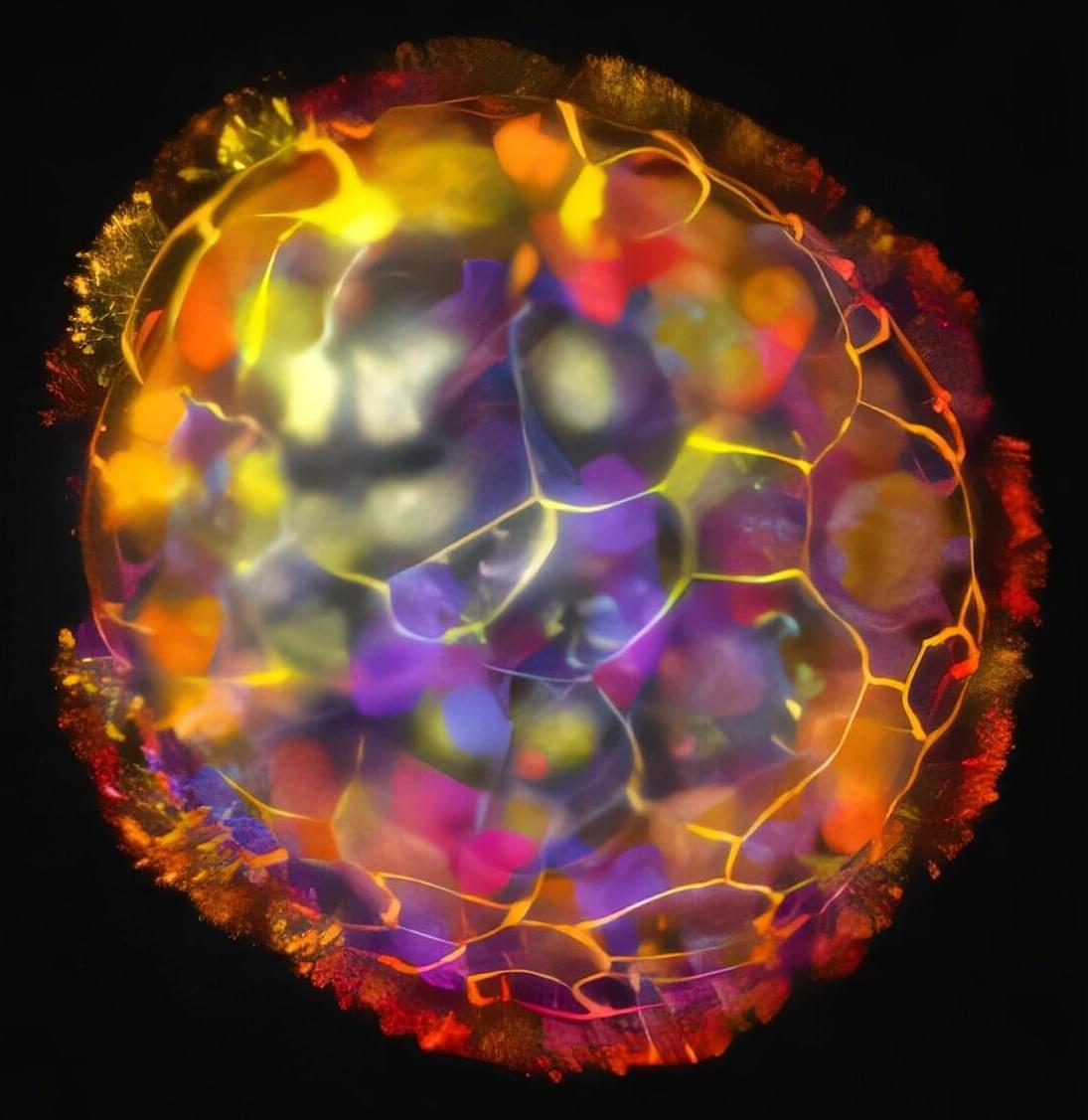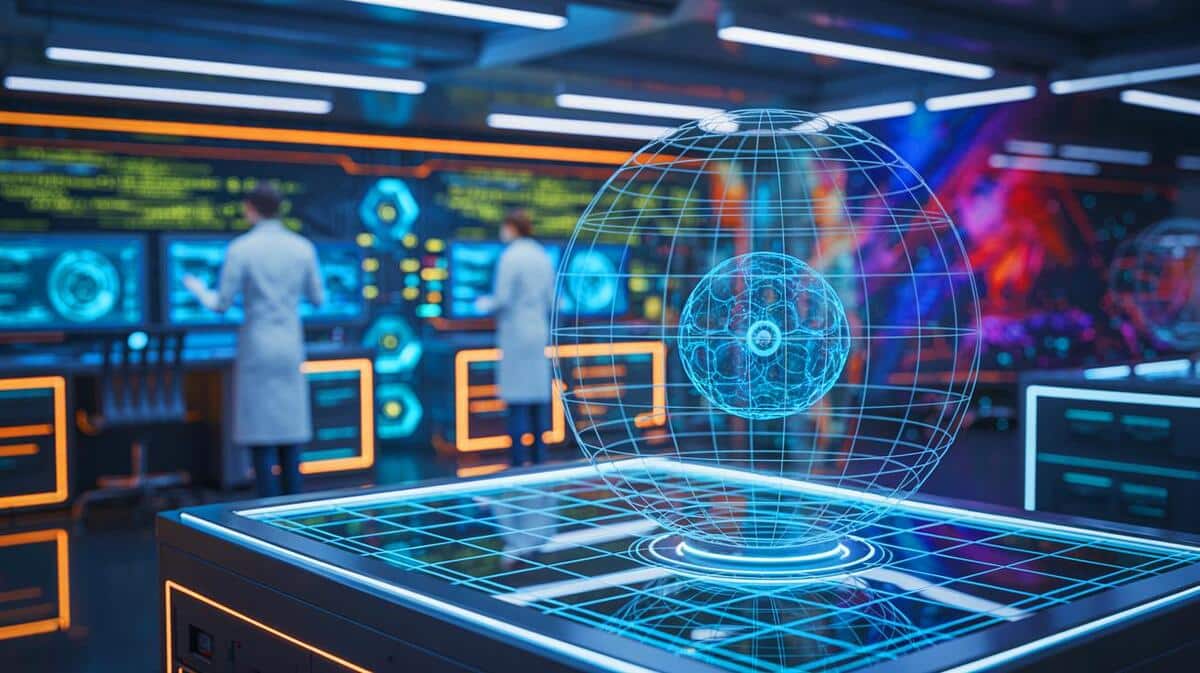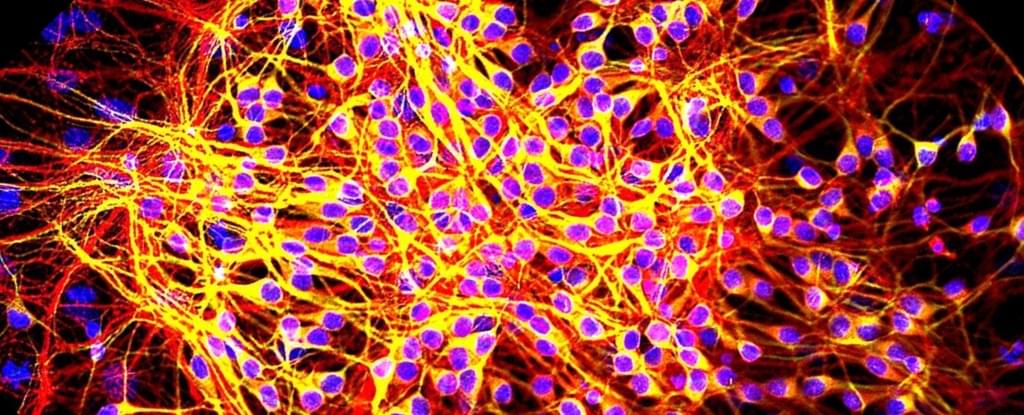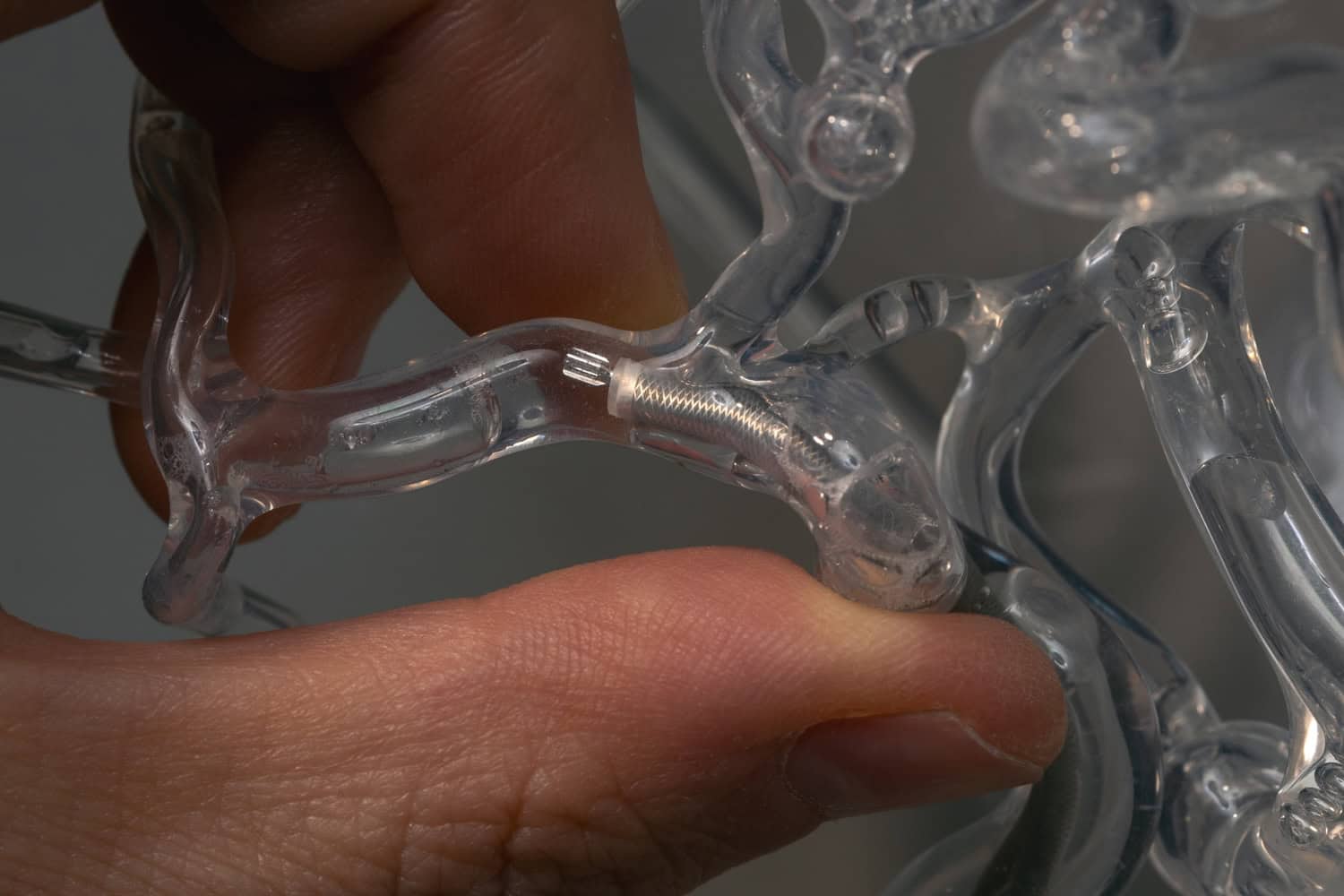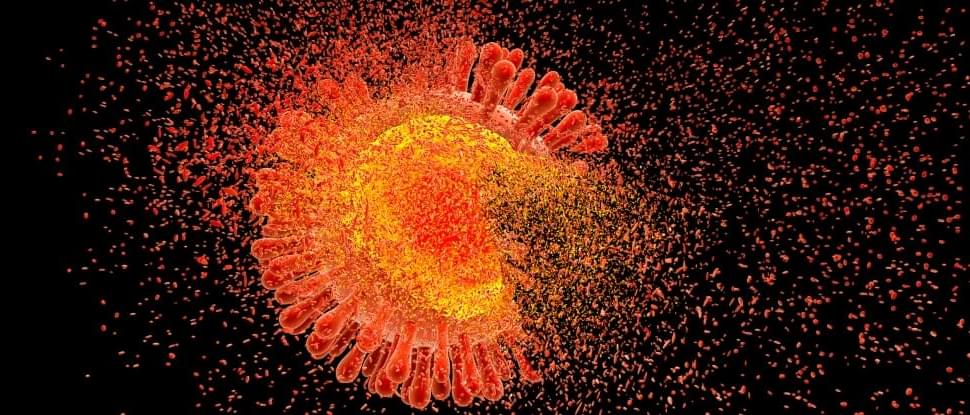Modern humans have existed for more than 200,000 years, and each new generation has begun with a single cell—dividing, changing shape and function, organizing into tissues, organs, and limbs. With slight variations, the process has repeated billions of times with remarkable fidelity to the same body plan.
Researchers at Tufts have been on a quest to understand the code guiding individual cells to create the architecture of a human being, and to create a foundation for regenerative medicine. As they learn more about that code, they are also looking at how to build living structures from human cells that have totally new forms and capabilities—without genetic manipulation.
To decipher that code, they took a cell from the human body and allowed it to grow in a novel environment to observe how the rules of self-organization play out.
